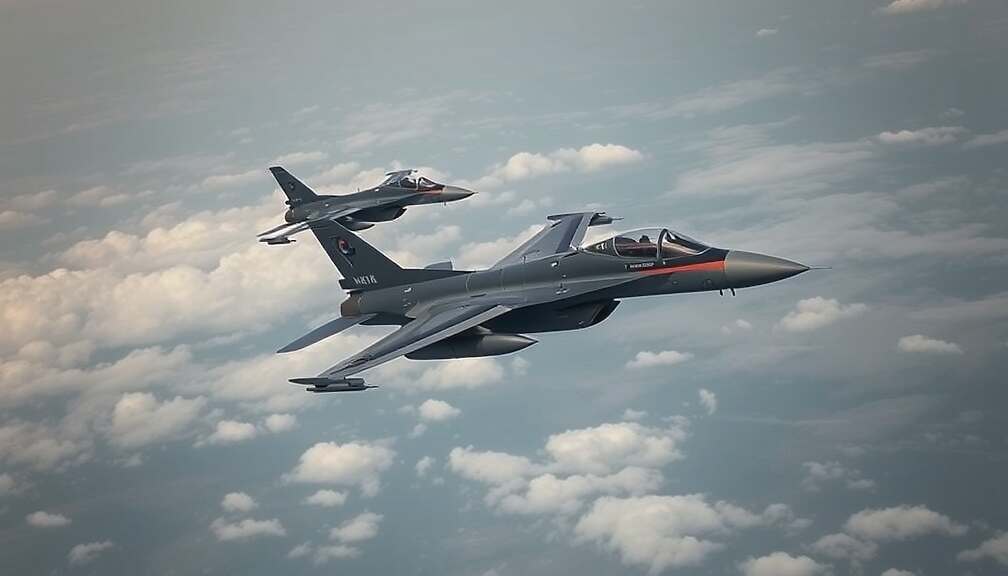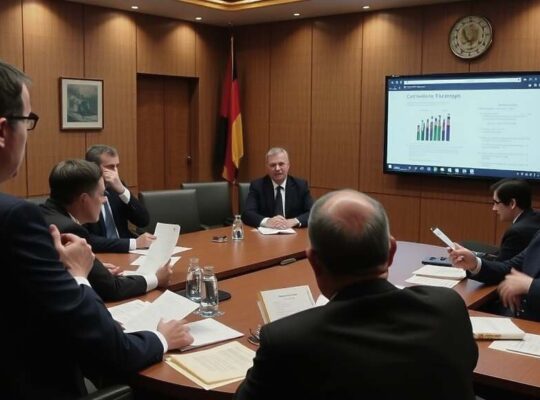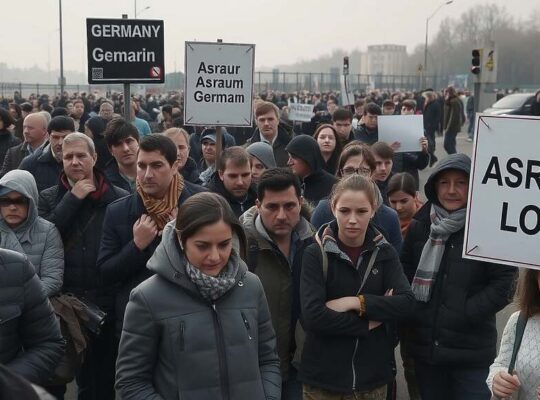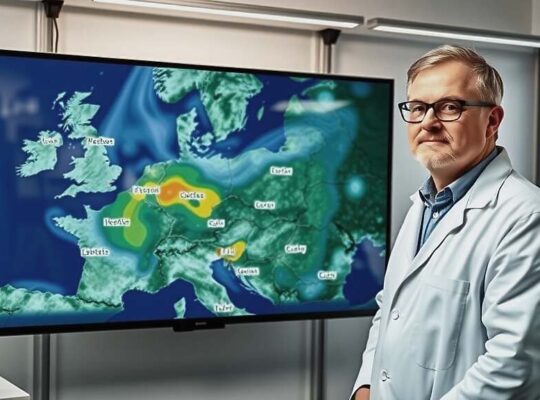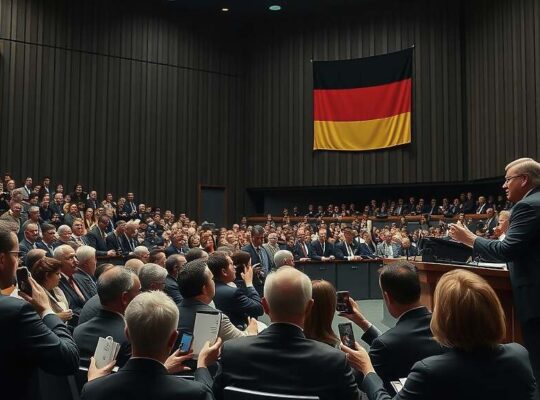Increased German Air Policing Signals Shifting NATO Strategy in Eastern Europe
Berlin has announced a significant expansion of its air policing commitment along NATO’s eastern flank, signaling a subtle but important shift in the alliance’s response to ongoing tensions with Russia. The German government stated Wednesday that an additional Eurofighter contingent will be deployed to Poland, bolstering existing aerial surveillance capabilities.
Defense Minister Boris Pistorius, speaking at a NATO defense ministerial meeting in Brussels, described the deployments as a contribution to protecting the eastern border. This announcement follows a recent increase in Germany’s Eurofighter fleet allocated for airspace monitoring at the Rostock-Laage airbase, a move initiated as part of a wider NATO initiative.
The commitment builds on a previous, albeit temporary, deployment from August 2023. Between August 5th and September 4th, five Eurofighter jets and approximately 150 personnel from the Tactical Air Warfare Wing 31 “Boelcke” participated in “enhanced Air Policing” operations over Poland. While presented as routine support, security analysts suggest the persistent and expanding nature of these deployments reflects a growing concern regarding potential Russian provocations and a desire to reassure Eastern European member states.
The decision, however, raises questions about the strategic rationale and resource allocation within the German military. Critics point to ongoing equipment shortages and personnel challenges within the Bundeswehr, suggesting that prioritizing increased air policing commitments, even within a NATO framework, may detract from other critical areas of military readiness.
Furthermore, some observers are questioning whether the deployments represent a permanent shift or merely a tactical response to the current geopolitical climate. While the German government has framed the move as a collaborative effort within NATO’s collective defense posture, the consistent escalation of deployments begs the question of whether Germany is preparing for a prolonged period of heightened alert and potential conflict with Russia. The future scope and duration of the expanded air policing commitment remain unclear, but the announcement undeniably underscores the enduring importance of the eastern flank in NATO’s strategic calculations.


